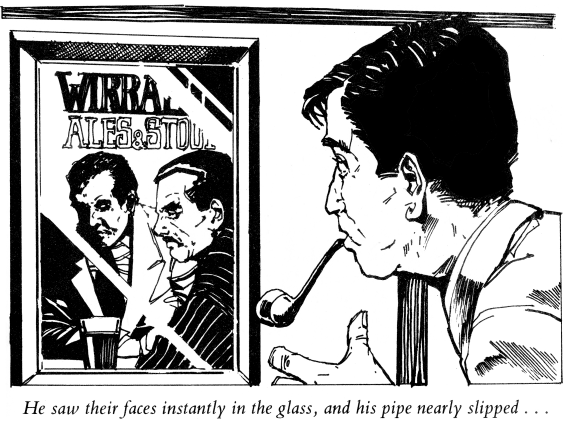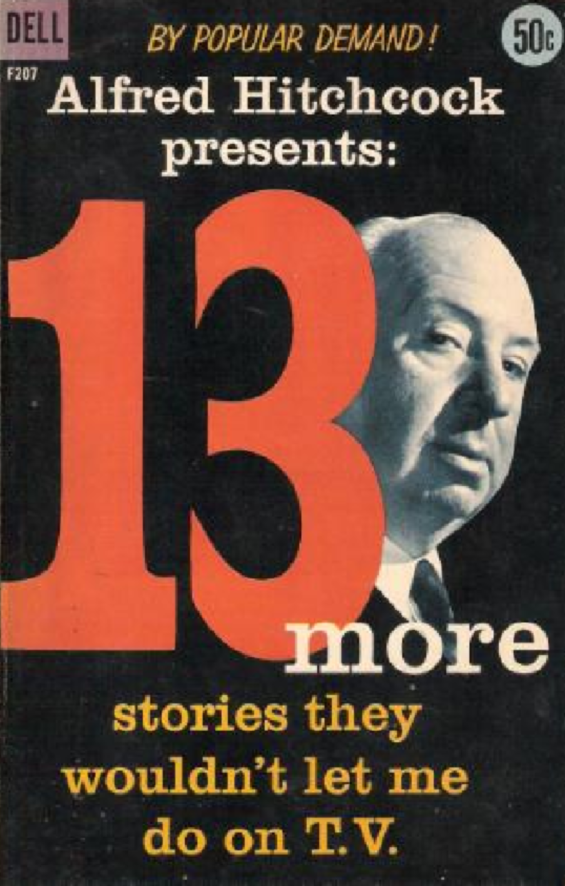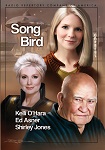
 The SFFaudio Podcast #550 – Jesse, Evan Lampe, and Terence Blake talk about A World Of Talent by Philip K. Dick
The SFFaudio Podcast #550 – Jesse, Evan Lampe, and Terence Blake talk about A World Of Talent by Philip K. Dick
Talked about on today’s show:
Galaxy, October 1954, MASTERPIECE!, copyright stuff, really angry, starts off really well, an autistic son wandering around his own house, no humour, big noodle, candy from out of nowhere, fighting between a husband and a wife, novel-like, 42 pages, mutant stories, Psi-Man Heal My Child, The Golden Man, the mutant is something that we should fear and will replace humanity, The Crawlers, aborted fetuses, a mundane threat, cruelty, the wife is so difficult, Terence’s first read, full of interesting ideas, John W. Campbell’s editorial note about The Legion Of Time, the stories are the mutants, a big mutation, small mutations vs. big mutations, Galaxy mutated away from the John W. Campbell model, Philip K. Dick was diagnosing the nazi side of John W. Campbell, the naive idea of the superman, we read it as creatures, Slan as the perfect example, this is the future, no one can write about the future of man without talking about PSI, this isn’t science, the beginning of the movie Ghostbusters, a buxom young lady, parapsychology, there’s no evidence for it, its all bullshit, the X-Men, such a good allegory, Slan is a terrible allegory, John W. Campbell was a fucking idiot, a chauvinist, broken ideas, the Dean drive and Dianetics, we the readers of science fiction , Isaac Asimov’s Super Quiz, excluding the sports and movies, Jesse is a super-genius, if Slan is not science fiction as an imagination of thwat the future is…, a metaphor, taking it more seriously, homo superior, Deadpool (2016), H.L Gold wrote under the name Campbell in Astounding, stodginess, analyzing Dick’s own psychology, mental disability, games, another theme, its in the art, the big chess piece, a pretty damn terrific ending, what’s going to happen next?, in the context of Philip K. Dick’s life, marriage problems, should we put him in a special school?, the way the whole story opens and closes, as an autism story, Martian Time-Slip, Earth is thinking of eradicating all the mutants and post humans on Mars, murdering all the kids, the plots are very different but the background is similar, the global intrigue vs. the personal, getting his wife back, his son turned into a god, Adjustment Team, most people won’t notice, one of the futures will go the right away, a lot of arrows could point to this story, Avengers: Endgame, Infinity War, looks at all the different futures, picking and choosing of timelines, she’s alive in all the other timelines, a distant and arbitrary god (with a dad), it doesn’t help poor Big Noodle, an allegorical aspect, just naive, stupid, we don’t know what Philip K. Dick’s image of revolution was, an element of resistance, drug dealers as a resistance to the state, Our Friends From Frolix-8, The Simulacra, The World Jones Made, seizing hold of the means of production and the power apparatus, the meta-humans, the Maoist idea, creating the new means of production, toying with both ideas, Fairchild’s vision, a multicultural prosperous society, genetic purity, post-colonial struggles, a Hindu-Muslim secular state, ethno-nationalist movements, anti-colonial stuff, theme: Earth is invaded by aliens who the majority of people welcome, mut = mutants, norms = people without psi-powers, precogs, anticipating bickering, a funny situation, the kid’s acting weird, “try to hold an objective orientation”, people as blotches of colour and a cacophony of noise, a philosophical objective orientation, blobs spread out in spacetime, a very clunky robotic speech, War-Game, The Game-Players Of Titan, games are serious, if that true…, acting like a god, giving money from the bank in monopoly, if games are serious…, games as a model for reality, cheating is acting as a god, Small Town, disgruntled husband, I don’t like all these casinos as an bars, a really interesting theme that goes all his stuff, Cosmic Puppets, the one with the Bevatron, Eye In The Sky, I don’t like to think about sex so now nobody has genitals, there was a revolution against a king in England, the outside perspective on the American Revolution, fast forward a couple hundred years and there’s another country in Europe, this repressive government IS John W. Campbell, all mutants are positive mutants, Impostor, if you were in the room long enough with John W. Campbell and you had your ideas totally marshalled, I have a new way of solving my own mental problems, of course!, all the things we did with physics we’re now going to do with the mind!, If, I don’t have a problem with mutants (because my own son is a mutant), I need to think about it, he goes both ways on mutants, the pretend supermen in Nazi Germany, imagine what the real supermen could do, Amazon Prime’s The Boys, dickish humans, the mundane mutant, Captive Market, instead of stopping a nuclear war, The Three Stigmata Of Palmer Eldritch, his mechanical computer shrink, figuring out the next fashion, Galactic Pot-Healer, Tim seeing the Others, more different from humans than the mutants are, reading Frank Herbert after Dune Messiah, God Emperor Of Dune, artificial intelligences, anticipated in the Dick story, favourizing the creation of anti-PSI talents, short circuiting each other, blur or block psionic powers, Dune was published in Astounding, everything that Campbell was looking for, it’s all mushrooms, maybe he didn’t like yoga, Alfred Bester, Babylon 5‘s PSI-CORP, Philip K. Dick’s PSI-CORP, surveillance capitalism, the corporations that supply the CIA and the NSA are actually running things, you don’t see the machinations or the hands, how all of this works, the plot stuff vs. the personal story, doing some exploration, John W. Campbell set the table in this totally unscientific idea, maybe we’re defining these terms too strongly, Jesse is a precog (just not a very good one), how we dominate the world, that’s the insurance industry, Foundation by Isaac Asimov is precognition on a macroeconomic scale, China’s on the rise, China’s massive population and old infrastructure, reading history, if you think about it that way (especially the way we define it), hard to falsify, studying parapsychology, if you don’t really understand how science really works, Karl Popper, Khunian normal science, Popperian revolutionary science, philosophy of science, spiritual stuff, how to deal with the pain of reality, a philosophical fiction writer, there’s no science in this story at all, birth defects, just evolution, the new men, the evolution of human intelligence, there not on spice, Mentats, Numen = numinous?, the opening is really well written, Jesse reads the opening, this is what we previewed half an hour ago, a lot of weird smells, corpsman, I don’t fully trust the corps, at age 20 something happens, Progeny, military camp/residential school, it comes up again and again, norm and psi-guests, an objective narrator, Philip K. Dick style, in the melee, nothing existed there, robots everywhere, is this a key party?, why is that line in there?, sour like spoiled milk, The Father-Thing situation, this sets up so much for what goes on later, the left and the right, the beginning and the end of the timeline, its a stranger’s home, wander around looking for something interesting, a ghost, no wonder he acts so weird, to give pleasure to Evan (anti-pleasure), VALIS is the anti-surveillance society, Ubik, the witch in this story, he gives her a token, the bedroom’s not occupied yet, now she’s mad at him, you’re not supposed to bring them home, there’s literally some cheating going on, what kind of party is this an analogy for, Clans Of The Alphane Moon, a bunch of patients of a psychiatrist conspiring to rebel against their doctor, a wife-swapping world, let’s talk about Big Noodle for a minute, a picture on page 21 of the PDF, Jesse thought he had no bones, the power of telekinesis and teleportation, is that why he’s a big blob?, you can predict the future (because you write science fiction), an allegory of the defense department, he literally is the defense department, the way he talks, Eisenhower’s farewell address, he was president from 1953 to 1961, The Hood Maker episode of Electric Dreams, Jesse talking to Julie Davis, shuts down and collapses the whole thing, “Imagine if the ants are talking about me!”, Jesse recapitulates the plot of Expendable, his whole world collapses, Misadjustment, the women just block it, the opposite of Tessa (Kleo), BoingBoing.net’s motto is “Happy Mutants”, homo superior, meta-humans, post-humans, meta-beings, a time traveler, All You Zombies, Predestination (2014), The Big Time by Fritz Leiber, Alfred Korzybski’s animals are space binders and humans are time binders, possibility binders (science fiction), a feminist equivalent, Charlie Jane Anders’ Six Months Three Days, you see I was right, gaslighting as reality bending, Francis Fukuyama, thinking about his theory on autism, two theories, open to all sense data, seeing other aspects that we can’t see, they’re not stupid just cognitively different, how they will be when they’re dead, she’s gonna be dead soon, the skull beneath the face, momento mori, a totemic limitation, he’s always talking about the “tomb world”, people die, what’s next?, why stories can be beautiful like that, Philip K. Dick can make a random crappy story really good, but in real life…, the mundane allegory, with an act of will you can make a difference, by an act of creativity you can inject at some moments anti-entropy, acting like Cornell West, is this even a science fiction story, meta-fantasy exploration of philosophical ideas and bullshit science fiction ideas, the very end of Martian Time-Slip, the significance of the return, closure,
We are better off not being able to look ahead, she said to herself. Thank God we can’t see.
a vision and a return, what parents of autistic kids are worried about, pretty traumatizing.
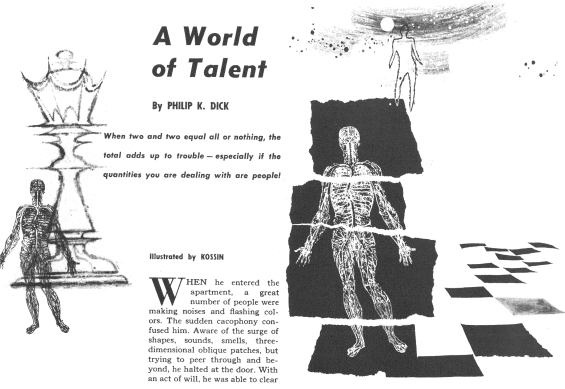
Posted by Jesse Willis
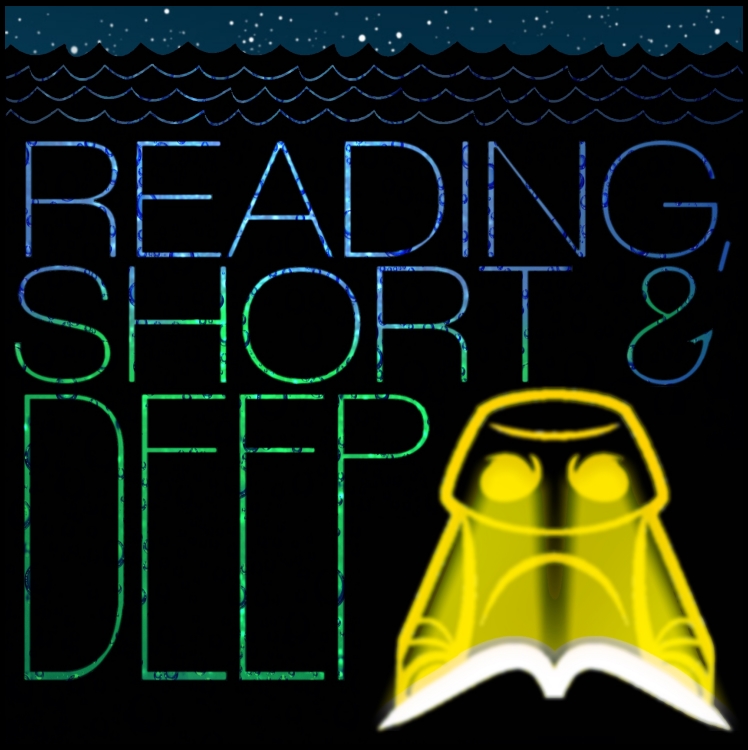




 The World Jones Made
The World Jones Made